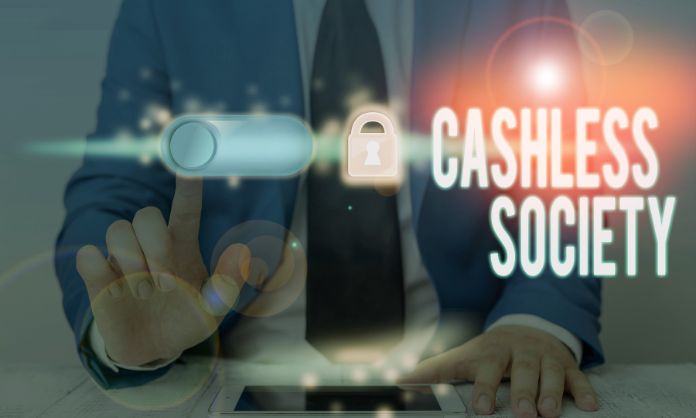
In this age of digital acceleration, whether a cashless society is a desirable trajectory for humanity is no longer a futuristic debate, and non-cash transactions are rewriting the financial landscape. The reasoning behind this shift is multifaceted, with advocates pointing to improved convenience, enhanced security measures, and a potential reduction in environmental impact. Continue reading to understand why it’s time to embrace a cashless society.
The Benefits of a Cashless Society
The allure of a cashless society lies in its many advantages. For one, it eliminates the need for physical currency, clearing out wallets and simplifying transactions. This simplification leads to operational efficiencies for businesses and, statistically speaking, less money laundering and tax evasion.
Cashless environments improve security. The ability to trace transactions and robust digital security protocols can prevent and resolve financial crimes more effectively than traditional methods.
Environmental sustainability is an often overlooked gain from the war on cash. The production and destruction of banknotes and coins contribute to deforestation, water pollution, and the generation of greenhouse gases. We take a profound step toward a greener and cleaner tomorrow by eliminating these materials from our daily exchanges.
Older Generations Beginning To Embrace the Cashless World
Even the most ardent supporters of a cashless society recognize that there’s a learning curve—especially as it pertains to older generations. A trend is that boomers are beginning to warm up to digital payment methods. Initiatives to familiarize boomers with these technologies yield positive results, sparking higher adoption rates and bridging the generational gap in financial literacy and inclusion.
Anticipating Challenges in Going Cashless
Despite the allure of a cashless society, there are notable hurdles. The fear of a digital divide is palpable, with many adults not having money in banks, especially in developing countries. For these individuals and societies as a whole, the transition away from physical currency is a potential exclusion from the formal economy.
Additionally, security concerns loom large. With cyber threats on the rise, the safety of digital transactions remains a significant worry. The onus is on financial institutions, governments, and technology providers to fortify their defenses and ensure that the benefits of a cashless system don’t come at the cost of personal financial security.
Taking the Leap to a Cashless Economy
Those who are willing to make the transition need a new playbook of financial literacy. Individuals must become adept at managing digital bank accounts and navigating various payment platforms. Businesses, too, need to rethink their operations to accommodate the shift toward a more digital, data-driven marketplace.
Governments must play their part by creating inclusive, secure, and user-friendly digital infrastructures. By taking these steps, we can supplement the momentum of cashless economies while mitigating the associated challenges.
The era of cash is far from over, but the writing on the wall is clear—it’s time to embrace a cashless society. It’s a tangible future that’s already begun to take root. By navigating this transition thoughtfully and inclusively, we can enjoy a financial system that’s more efficient and leaves a substantially lighter footprint on the planet.







